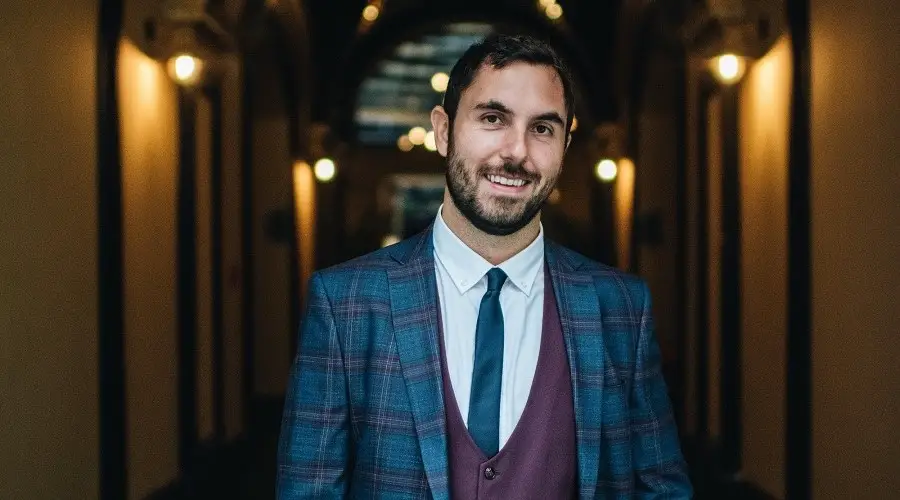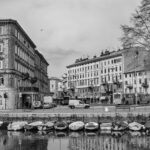My name is Denis Vlahovac, and I am a bar consultant and cocktail event manager. I own a company called Cocktail Empire that focuses on improving hospitality standards in Croatia through education and events. I promote the usage of locally grown products, connecting local producers with cafes and restaurants, and I am trying to implement new creative ways to use existing products in cocktails while lowering costs and making the business sustainable. I grew up in Daruvar, Croatia. After I finished University in Opatija in 2014, I moved to New York, and I lived abroad until the pandemic started in 2020. I visited 61 countries and lived in 5 countries.
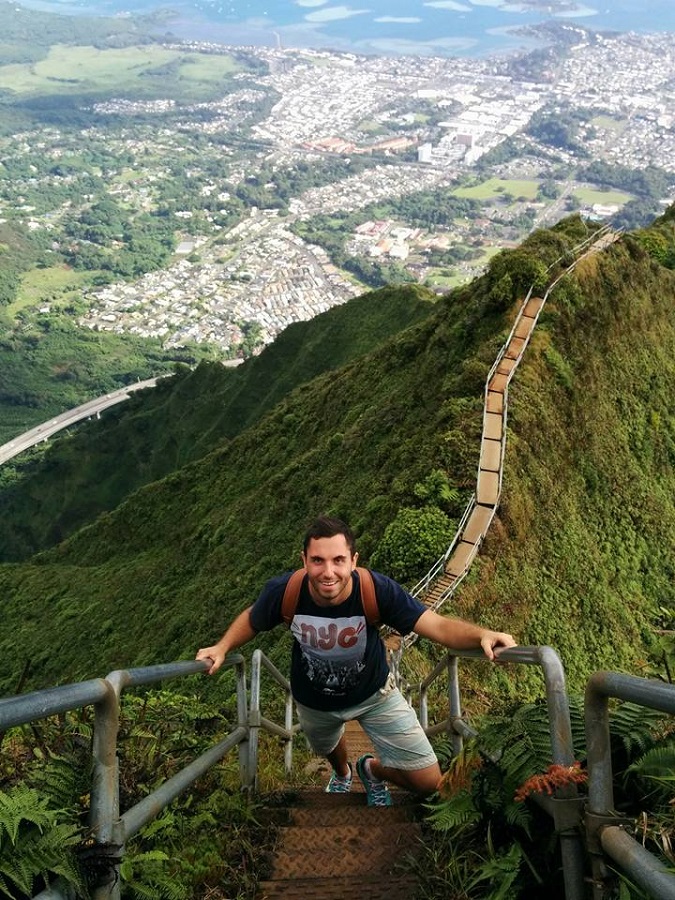
1. You made the switch to Croatia. Tell us a little about the decision process and how long it took for you to get on the plane.
Ever since I moved out of the country 8 years ago, I thought about what it would be like to actually go back to Croatia and work there. Did something change? Money was not the main reason I left (even though it was an important factor), but actually, the situation itself was with my university diploma, I actually had to know people to get a good job. Your skills didn’t matter much. When I moved out, I actually saw that if I worked hard, I could go places. And I worked hard and learned along the way. The decision to come back home was pretty much straightforward. I was forced to return to Croatia because of the pandemic. My Canadian visa expired, and I was unable to renew it. I barely managed to leave the country because I was on vacation in Alaska when it was decided that the border between Canada and the US was about to close the following day, so I rushed to the airport to return to Canada before it happened. The restaurant I worked at closed permanently the same week, so there was no other option but to go back to Croatia for, what I thought at that moment would be, six months.
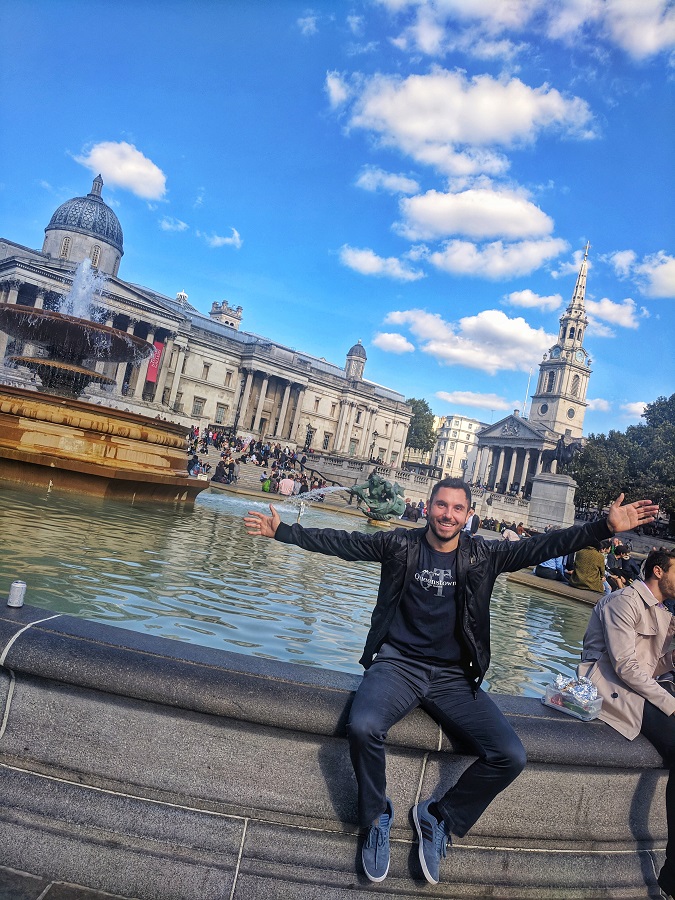
2. What did your family and community back home think of your decision at the time?
My family always wanted me to come back and to be closer to them, even though they supported me in my travels. They were always here for me when I needed them. I haven’t seen my parents or my friends back in Croatia for 2 or 3 years sometimes. When it was time to come back, neither they nor I knew it was going to be for good. And we all thought the pandemic was going to end in a couple of months and everything would be back to normal. The day of the flight, I had 2 flight cancellations and barely managed to get out of Vancouver to Montreal and from there to Brussels, only to realize that there was a huge earthquake in Zagreb that same morning. We managed to get there the same day, and my parents left a car for me at the airport, and I drove back home to Daruvar to self-isolate for 2 weeks.
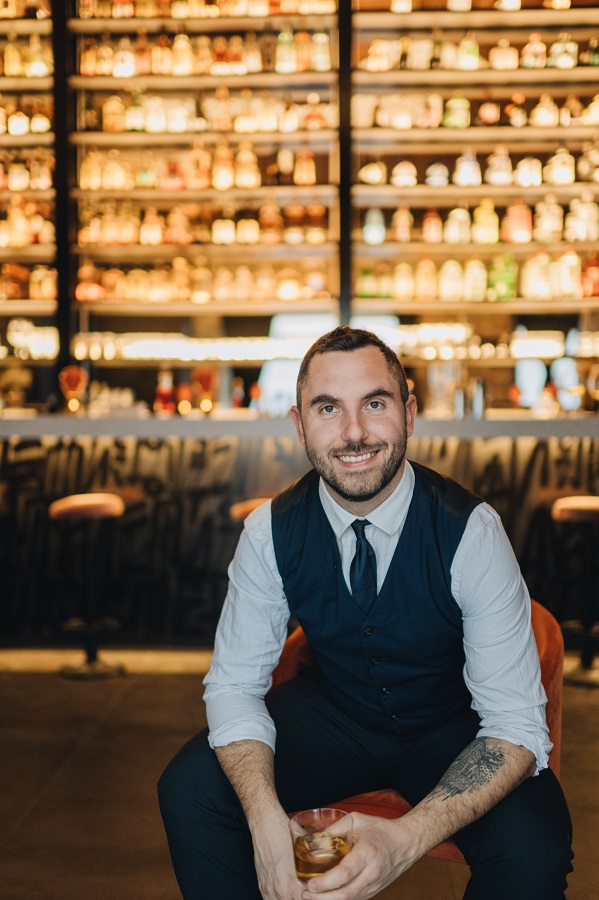
3. Where did you get your information about the realities of Croatia prior to coming?
I was reading Croatian media wherever I lived in the world. Most of the time, I was grateful I didn’t live there. But when you start reading the news about the country you live in, you realize that the news is the same everywhere. In Croatia, there’s a problem in the past with previous regimes but so is in Canada or New Zealand.
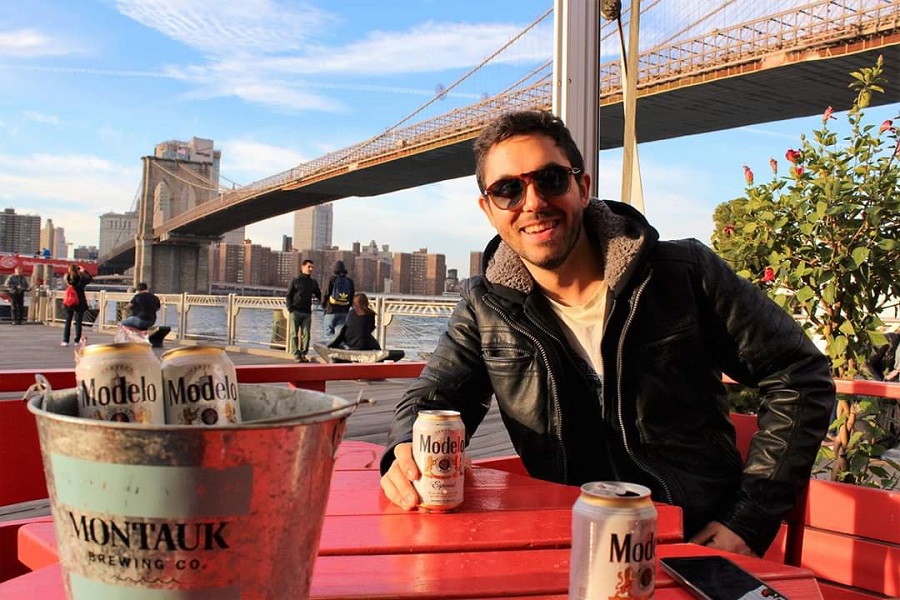
4. What were you most nervous about making the switch? What was your biggest fear, and what was the reality of what you found?
It was hard for me to think about Croatia when I made all the other places my home. I lived in New York for 3 years, and the hardest decision I made in my life was to leave New York. I had lots of friends and a great job. But I needed a change. I wanted to travel the world. At that time, I never imagined myself living back in Croatia. But things change, and people change. Now when I am in my thirties, I can see Croatia as a wonderful place to live in. And I try to hang out with people who think alike and really want to work on making this place even better.
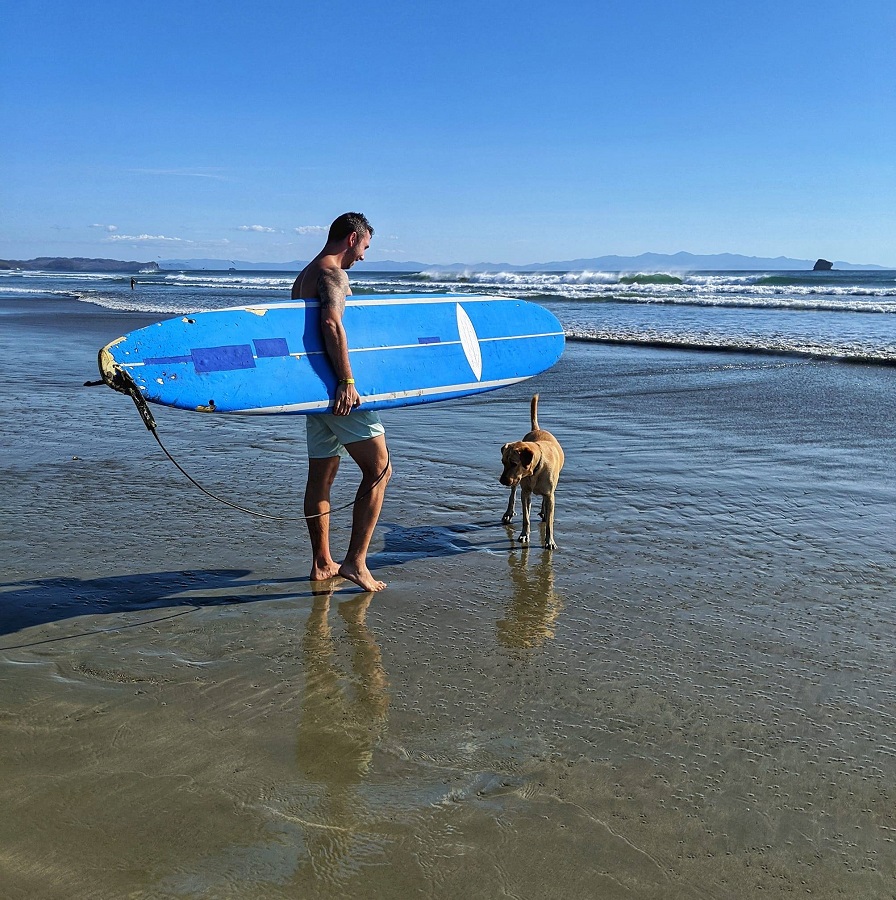
5. Think back to the time before you arrived. What were your perceptions about Croatia, and how were they different from the reality you encountered?
I knew what Croatia was like in 2014, and I didn’t want to live there at that time. The people were great, but the situation was hard. I do not come from a wealthy family, nor do I live on the seaside where opportunities to get better-paying jobs are abundant. But after 6 years abroad, I started to think about Croatia more. I wondered if the situation has changed. After 6 months of being in Croatia in 2020. I realized that covid was not going to go away quickly, so I started looking for a job as a bartender. I thought salaries must be much higher now than they were in 2014. After a few job interviews, I was left speechless. The sheer disappointment I felt at that moment as I was walking away from a cocktail bar in Zagreb I just had an interview made me think about moving away again. But this time, it was impossible for me to leave. All my savings were melting away fast, and I had to think hard about what I wanted to do with my life. I saw the opportunity to start my own business and apply all the things I learned abroad to the Croatian hospitality scene in order to improve it. I decided to stay in Croatia for good this time.

6. You are still here, so obviously, the pros outweigh the cons. Tell us about some of the things that you love about being in Croatia, as well as some of the things you don’t like.
What I love about Croatia is that it is really beautiful, people are easy-going, and it’s easy to make new friends there is a big potential for business growth, especially if you have something unique to offer to the market. Every part of Croatia has something unique to offer in regard to food and sights. It’s awesome to go to places like Baranja and Istria, Zagorje, and Dalmatia and experience great food and meet friendly people. I like the way of life here and being close to my family and friends. I do feel it is getting more and more westernized with a fast lifestyle and the constant run for the money, but it still has some of that chill vibe. Especially in smaller towns. What I don’t like is that it is a relatively small market, so unless you have something original or are extremely good at what you do, you will have a hard time succeeding. Another thing I find interesting is that Croatians always think of themselves as really hard-working, but I don’t see that in Croatia that much. Of course, there are hard-working people here, but not in the amount we like to tell ourselves. Bureaucracy is a constant problem, but it is getting better. The thing I feel is the most annoying in Croatia is that you need to know people to get good jobs and that people think and talk about other people’s lives too much. Related to my love of traveling, what I hate in Croatia is the lack of railroad infrastructure and the lack of long-haul flights from Croatian airports. Especially in the winter.
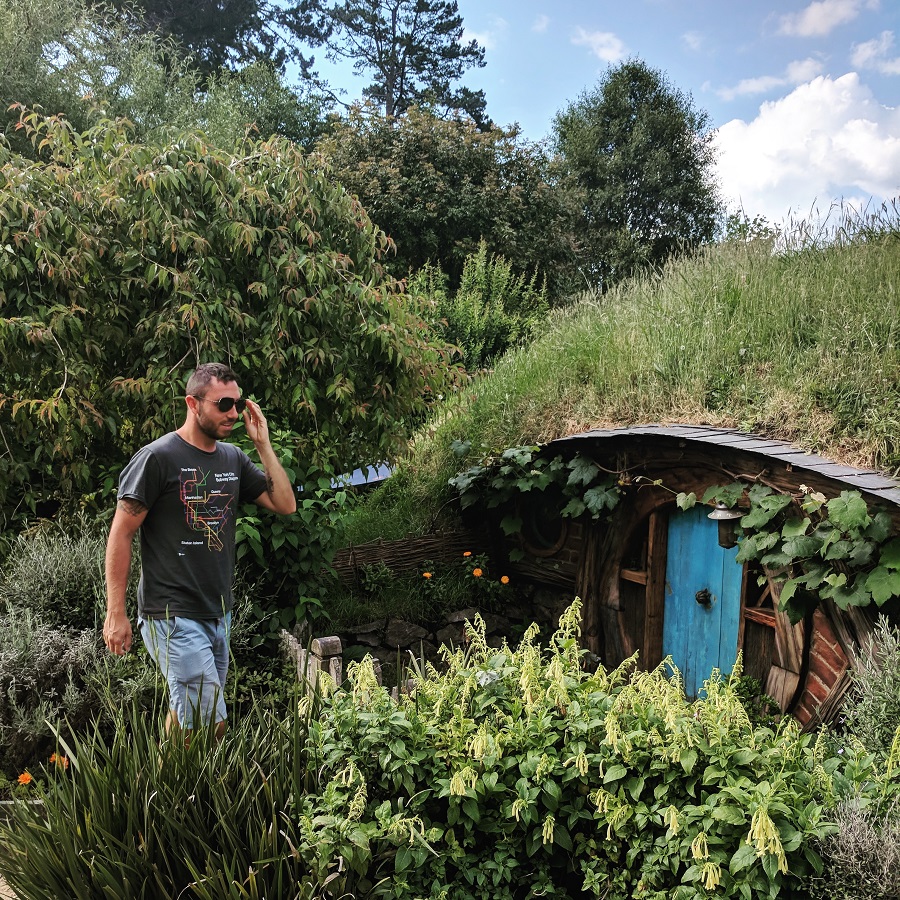
7. What advice do you have for others thinking about making a move from the diaspora?
If you need a relaxed lifestyle and are thinking about moving to a slower-paced country that has great food, good people, and a high potential for business growth, Croatia is an excellent choice. Especially if you are a high earner, you will find that Croatia has everything you need. You can go hiking, play different sports, enjoy the sun and visit 1000 islands, drink the finest wine, eat quality local food and hang out with friendly people. It is extremely safe and well-connected with the rest of Europe.
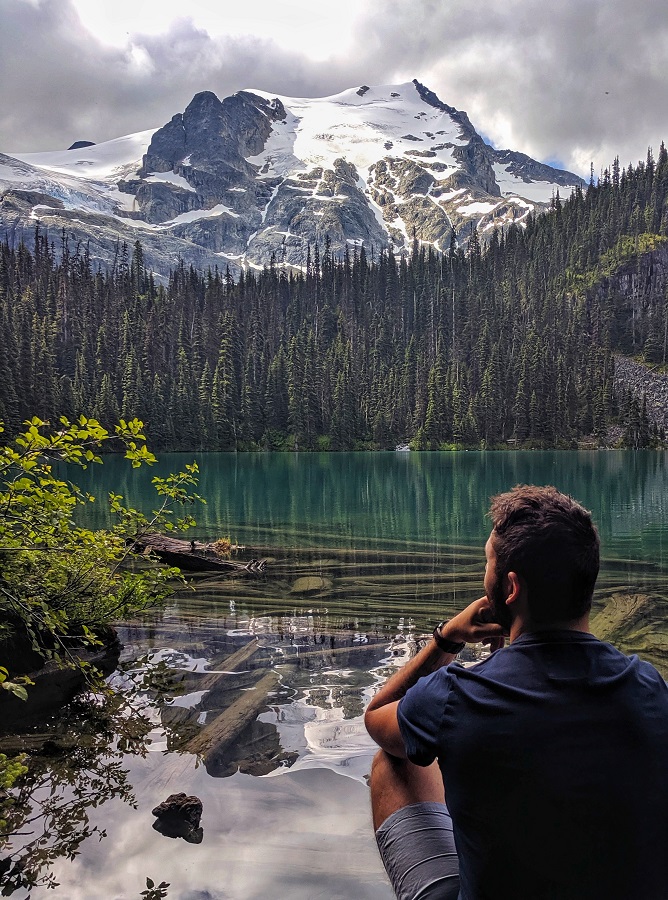
8. How do you think Croatia can better assist those who are looking to return to the Homeland?
I think the Croatian government missed the opportunity to keep Croatians that returned to Croatia during the pandemic in the country. Now it is hard for them to come back. I am one of the rare ones who decided to stay and build my life here. I think we should work on “stopping” the people from leaving Croatia permanently in the first place. It’s great for people to go abroad to study there or to get some work experience, and we should offer those people some benefits to come back to Croatia to use that knowledge to improve the local economy. Corruption is, unfortunately, still a big problem in Croatia, and we should all work together to get rid of it as much as possible. That is probably the main reason Croatians are leaving Croatia.
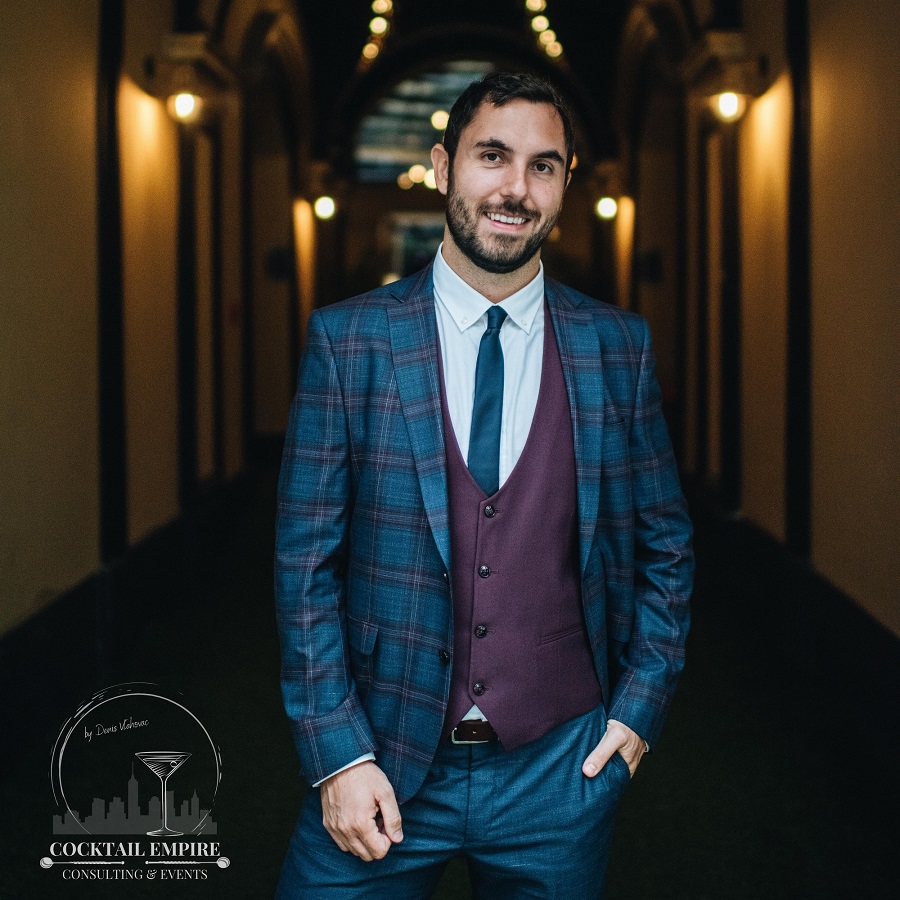
****
Thanks, Denis, and good luck with www.cocktailempire.hr
https://www.facebook.com/cocktailempireDV
https://www.instagram.com/cocktail.empire
https://www.instagram.com/denis.vlahovac
****
You can follow the TCN Croatian Returnees series here.
****
What is it like to live in Croatia? An expat for 20 years, you can follow my series, 20 Ways Croatia Changed Me in 20 Years, starting at the beginning – Business and Dalmatia.
Follow Paul Bradbury on LinkedIn.
Croatia, a Survival Kit for Foreigners is now available on Amazon in paperback and on Kindle.


